Audience: School and systems leaders

Westwood High School: Spotlight on the Schedule
At Westwood High School in Mesa, Ariz., educator teams guide the learning of 9th- and 10th-grade students. For the 2024–2025 academic year, Westwood transitioned from a traditional six-period schedule to an eight-period block schedule. This resource explores their innovative approach to restructuring instructional time.

Westwood High School: School Profile
Westwood High School in Mesa, Ariz., serves approximately 3,200 students in grades 9–12. This resource explores Westwood’s implementation of the Next Education Workforce model, highlighting their teaming structures and their approaches to innovation, coaching and schedule.

FAQ: Financial sustainability of Next Education Workforce™ models
Read this FAQ for an example of how a team-based model is funded to inspire possibilities within your system’s own context.
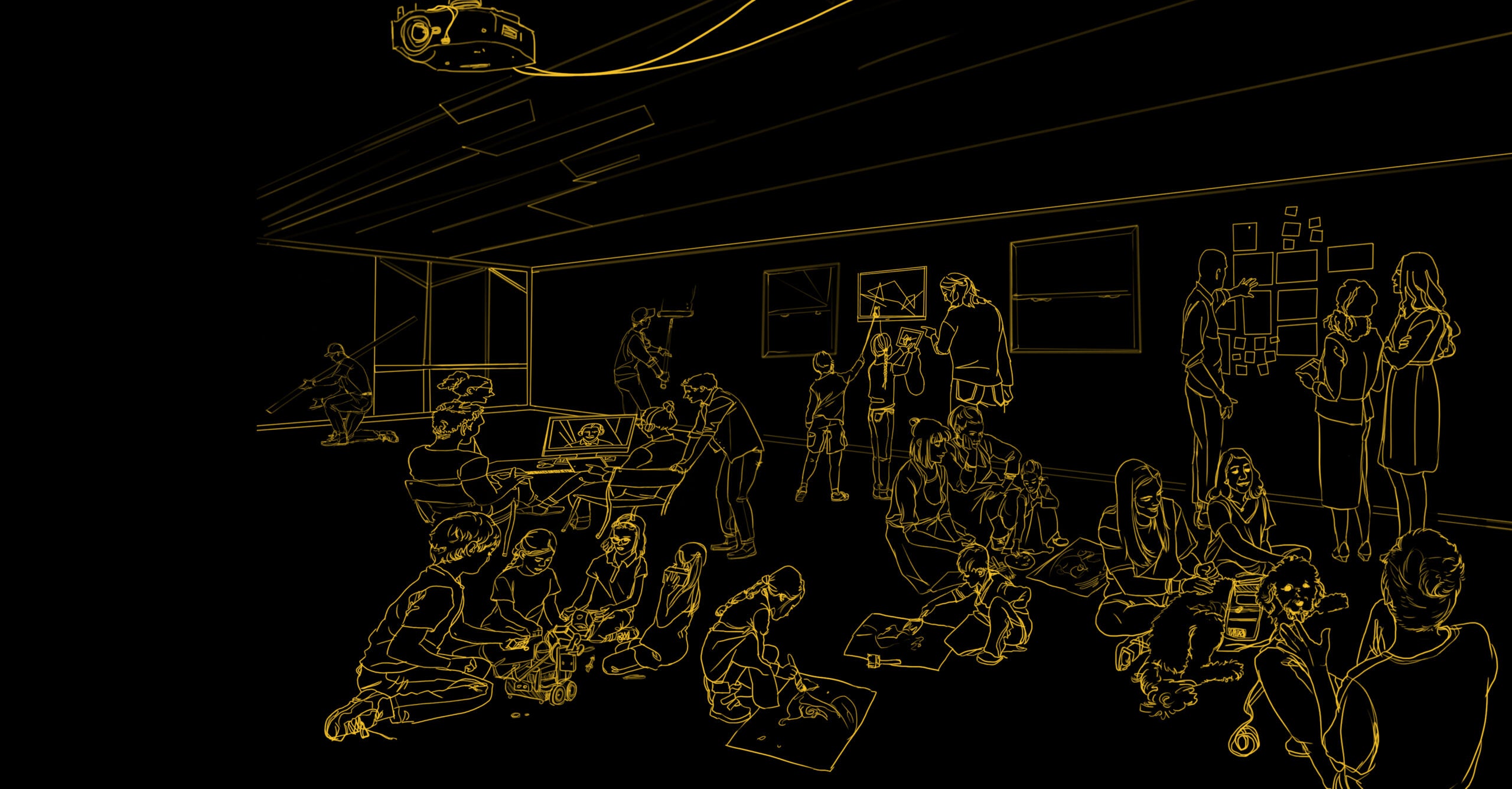
Mountain View High School: School Profile
At Mountain View High School, each core team of educators collectively supports 90–120 students. Core teams are composed of three to four educators, each of whom specializes in one or two content areas.

Mountain View High School: Spotlight on the Schedule
All 9th-grade teachers at Mountain View High School, located in Mesa, Ariz., are members of educator teams. Each core team of educators serves 90–120 students and includes three to four content area specialists. Explore how they organize their time with students.

Extended cut: A perspective on strategic school staffing from national union leadership
How can collective bargaining promote strategic school staffing? In this extended cut, Rob Weil of the American Federation of Teachers joins Brent Maddin of the Next Education Workforce™ to discuss this and other issues educators face in the one teacher, one classroom model.

Changing the model: Building the Next Education Workforce
What’s normal in education is broken. In collaboration with school and community partners, Arizona State University’s Mary Lou Fulton College for Teaching and Learning Innovation is working to change that.

Elements of the Next Education Workforce
There is no one-size-fits-all Next Education Workforce model. The diverse contexts, assets and needs of each school inform the design and implementation of each model. However, all Next Education Workforce models share several common elements. This document describes the Elements of the Next Education Workforce found across dozens of schools that have launched successful team-based models.

The critical importance of the Next Education Workforce
Hear from MLFC Dean Carole Basile about why Next Education Workforce models are critically important, especially today.
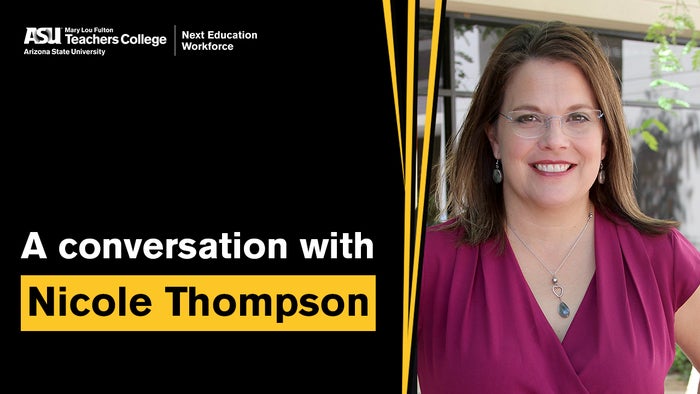
Dr. Nicole Thompson, Division Director of Teacher Preparation at Mary Lou Fulton College for Teaching and Learning Innovation
Brent Maddin talks with Dr. Nicole Thompson, Division Director of Teacher Preparation at Mary Lou Fulton College for Teaching and Learning Innovation, about equity, paid teacher candidate residency models, and Principled Innovation.
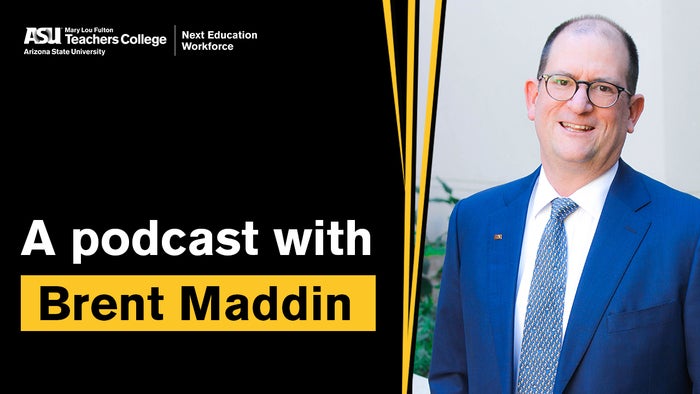
Brent Maddin: What is the Next Education Workforce?
Host Brent Maddin shares how MLFC is working with schools and other partners to 1) provide all students with deeper and personalized learning by building teams of educators with distributed expertise and 2) empower educators by developing new opportunities for role-based specialization and advancement.
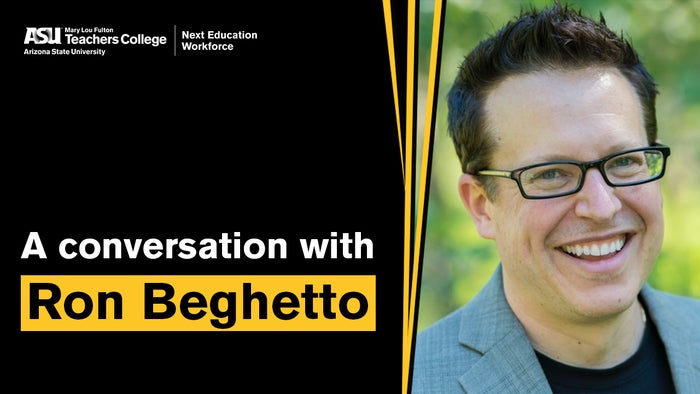
Ron Beghetto: Against technological macaroni art
Brent Maddin talks with Ron Beghetto, Professor and Pinnacle West Presidential Chair at ASU’s Mary Lou Fulton College for Teaching and Learning Innovation, about creativity, beautiful risks, and how we can improve education for all learners.
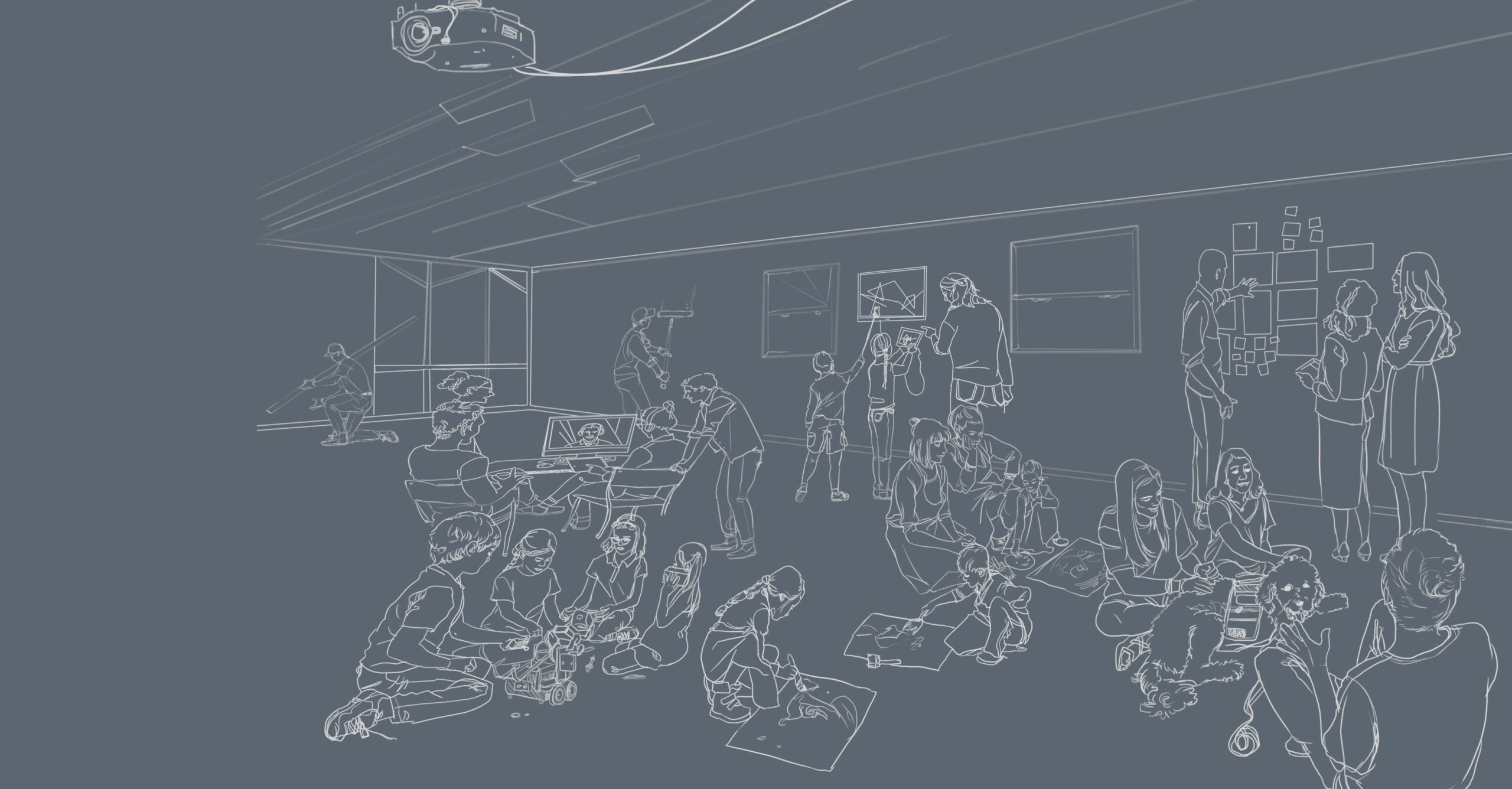
Benefits of teaming: Educator retention, educator leadership opportunities and student learning
Justin Wing, Assistant Superintendent of Human Resources at Mesa Public Schools, shares three benefits of Next Education Workforce models — educator retention, educator leadership opportunities, and student learning.

Two recommendations for adopting a Next Education Workforce model
Justin Wing, Assistant Superintendent of Human Resources at Mesa Public Schools, shares two recommendations for those considering adopting Next Education Workforce models: changing your mindset and starting slowly.

The value of distributed expertise
Professional Pathways Site Lead Valerie Roderick describes how educators can learn and grow from being members of teams that distribute their expertise. She also makes the connection between teaming and the issue of educator burnout: we can’t expect educators to be all things to all people at all times, and distributing expertise helps to make educators’ jobs manageable.

Principled Innovation®
Principled Innovation® is our ability to be able to ask the question, “We can, but should we?” In this clip, MLFC Dean Carole Basile describes the connection between Principled Innovation and Next Education Workforce models.

The budget and the Next Education Workforce
Justin Wing, Assistant Superintendent of Human Resources at Mesa Public Schools, shares two pieces of budgetary advice for districts considering moving to Next Education Workforce models.